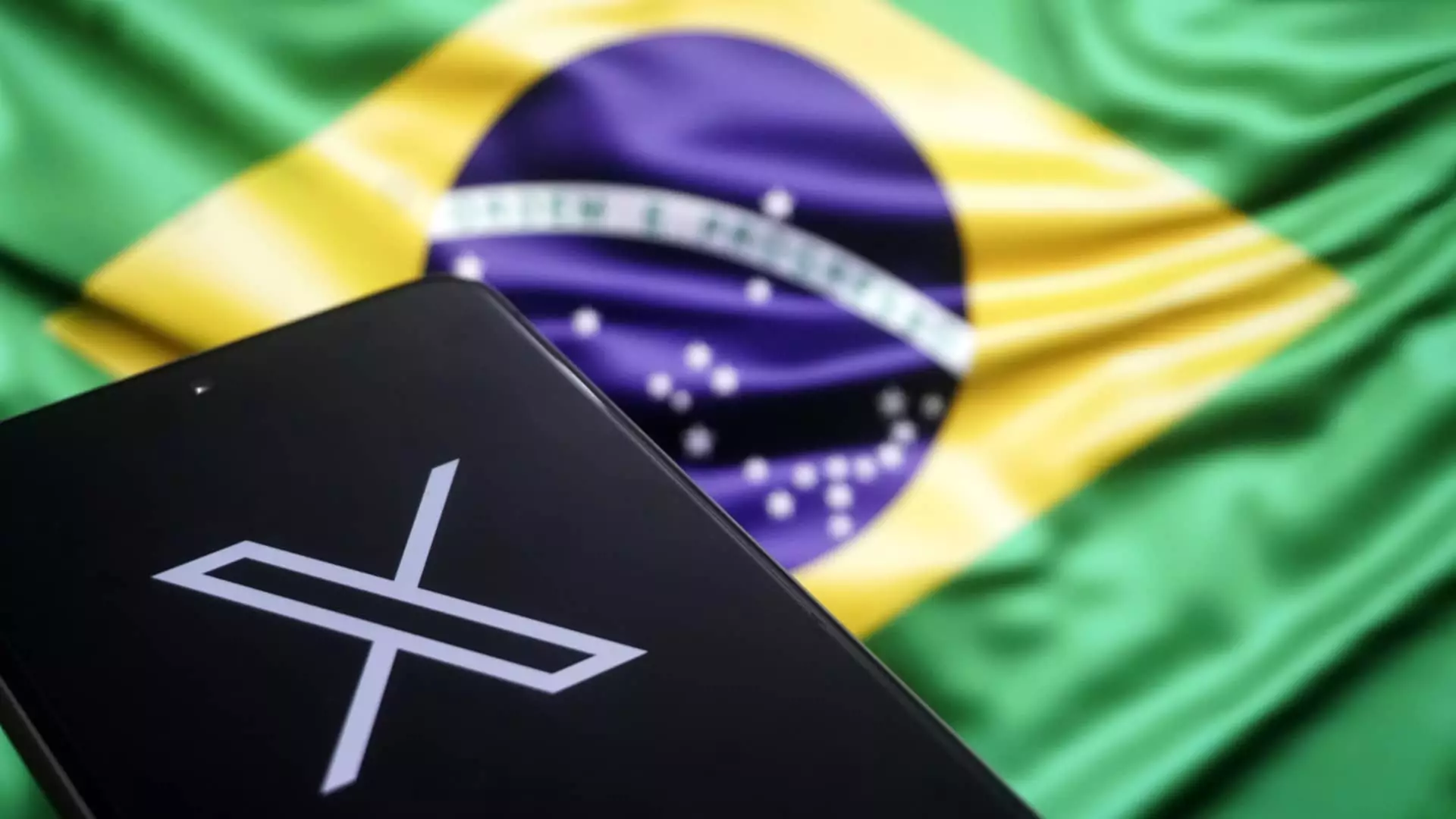The platform formerly known as Twitter, now rebranded as X under Elon Musk’s leadership, has resumed its operations in Brazil following a protracted legal clash with the Supreme Court. The country’s Supreme Court minister, Alexandre de Moraes, had been the linchpin in this conflict, issuing orders that led to a suspension of X’s services. The episode highlighted the complexities and obligations that technology firms face while operating in jurisdictions with stringent regulatory environments. Musk’s obstinacy in addressing Brazil’s requests, including the banning of certain user accounts and removal of objectionable content, put the platform at odds with local laws aimed at curbing hate speech and misinformation.
Legal Implications and Strategic Retreats
Initially, Musk’s response to the court’s demands was anything but compliant. His decision to shut down X’s headquarters in Brazil and his refusal to appoint a legal representative exemplified a defiant stance that further complicated the situation. By likening de Moraes to Voldemort and labeling him a “fake” judge, Musk inadvertently painted a bullseye on his own back, making the platform’s defiance evident. The conflict escalated to the point where X faced severe financial repercussions, including the freezing of its business accounts, which ultimately compelled a re-evaluation of its strategy.
In a statement celebrating its relaunch in Brazil, X emphasized the necessity of its platform for millions of users, portraying the reinstatement as a reclamation of rights associated with free speech. The court’s recent announcement that X could resume its services came after the company ostensibly complied with the established legal conditions. However, it also served as a stark reminder of the competition hastily rising during the suspension. Rivals like Bluesky and Threads were not merely idling but fiercely capturing market share in Brazil, which added urgency to X’s decision to comply.
Investor Influence and Market Outcomes
A critical aspect of the ongoing saga has been the influence of Musk’s investors, who reportedly urged adherence to Brazilian law amid fears of escalating fines and operational setbacks. The pressure from backers was likely instrumental in Musk’s shift from a combative approach to one of compliance. This shift underscores the importance of investor sentiment in navigating the treacherous waters of international law—showing that even industry titans like Musk must consider the economic impacts of their decisions.
With X now operational in Brazil, the company faces the intricate task of securing user trust and reestablishing its standing in a marketplace that has shown its appetite for alternatives. As it reenters the Brazilian digital ecosystem, the platform must tread carefully, recalibrating its approach to content moderation while balancing the need for freedom of expression with regulatory compliance. In a rapidly changing digital landscape, the return of X serves not just as a corporate comeback, but as a pivotal chapter in the ongoing narrative of global tech governance.

